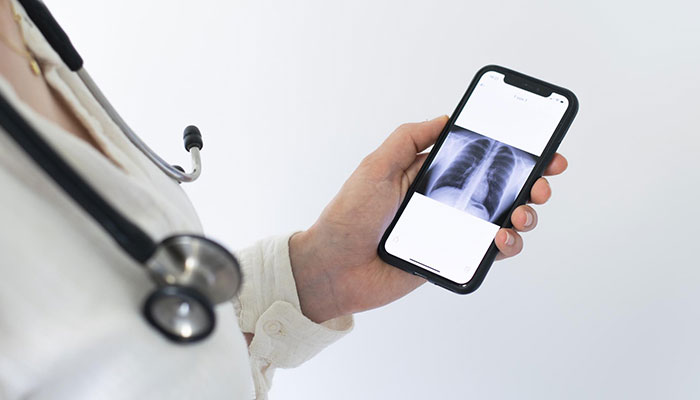With the unveiling of the new health data strategy, patients in England will now have better access to GP records via the NHS App, as well as more control over how their information is consumed. The Department of Health and Social Care has published Data Saves Lives: Reshaping Health and Social Care with Data, which includes promises to streamline data exchange opt-out processes and improve access to GP information in the NHS App by November 2022.
Sajid Javid, the health secretary, announced the strategy at London Tech Week’s HealthTech Summit, saying that trusted research environments, a type of secure data surroundings, would be formed to enable better scientists to safely access linked NHS data whilst also keeping high levels of privacy and security, thanks to a £200 million investment. He went on to say that the public would be engaged on a new data agreement, which would outline how the healthcare sector would use patient data.
Javid also committed £25 million towards rapid digitalization of social care in order to meet the goal of having digitised care records in place for at least 80% of social healthcare professionals by March 2024, bridging the digital divide between both the NHS and social care.
WHY DOES IT MEAN SOMETHING?
TREs, according to Javid, will allow the NHS to give cutting-edge life-saving therapies and diagnoses to patient populations faster through clinical trials, as well as enable more diverse and inclusive research to address ingrained health inequalities, allowing the NHS to work through the COVID-19 backlog at a faster pace.
The strategy commits to registering 75% of the adult population to use the NHS App by March 2024, with the goal of making it a one-stop shop for healthcare needs.
THE OVERALL CONTEXT
Once a plan to exchange patients’ GP data with third parties was indefinitely postponed last year for privacy reasons, the new initiative aims to restore people’s faith in the use of health data. Director, Bennett Institute at the University of Oxford, Professor Ben Goldacre, advised the use of TREs to limit risks and earn public trust in his recent assessment on the health date usage for research and analysis.
AND FOR THE RECORD
This is a watershed text, Prof. Goldacre remarked, because it goes beyond sayings and delves into vital technical detail. The decision to employ TREs, in particular, is momentous. TREs gain public trust by demonstrating that they preserve patients’ privacy and by disclosing full audits of every data usage. The TRE already supports life-saving clinical technology and development, and they are striving to offer a new and enhanced national TRE system with greater access and the highest levels of privacy and security, said Simon Bolton, NHS Digital CEO.
The data plan pledges to redefine the connection with the public on the use of health and care data, stated joint head of the NHS transformation digital policy unit, Simon Madden. They appreciate the aim of this plan for more people to use the NHS App- it will help open up staff time and put more patients in charge of their healthcare, said Matthew Taylor, chief executive of the NHS Confederation. Yet, with more than one in ten people in the UK lacking access to a smartphone, one must be cautious of the possibility of expanding health inequities.


















